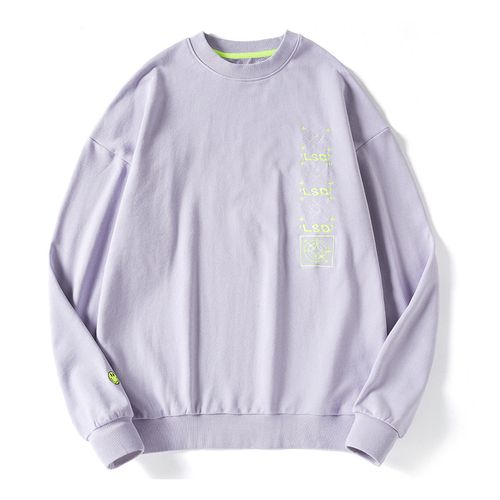The color fastness of fabric refers to whether the color of the fabric can maintain its original color stability after being exposed to external factors such as washing or sunlight. It is very important to choose fabrics that are washable and light-resistant. Here are some fabric types with higher color fastness:
1. Cotton: pure cotton Fabric is one of the most common fabrics and has good color fastness. In particular, cotton fabrics that have been specially dyed and finished can maintain their color brightness for a long time and are not easy to fade in washing and sunlight.
2. Linen: Linen fabric is another natural fiber fabric with high color fastness. The flax fiber itself has good hygroscopicity and breathability. The color of the dyed linen fabric is more stable and will not fade easily even if washed and exposed to the sun.
3. High-density polyester fiber (Polyester): High-density polyester fiber fabrics usually have higher color fastness. The fibers of this fabric are closely arranged, and the dye can easily penetrate and adhere to the fibers, making the color of the fabric long-lasting. In addition, polyester fabrics are not easily deformed under washing and sunlight.
4. Nylon (Nylon): Nylon fabric is more common in sportswear and outdoor clothing. It has excellent wear resistance and tear resistance. At the same time, nylon fabrics are usually dyed and have high color fastness, and can maintain color stability for a long time even after repeated washing and sunlight exposure.
5. Dyed leather: For leather products, especially dyed leather, color fastness is an important consideration. Regular-quality dyed leather undergoes strict dyeing processes and post-finishing treatments, resulting in high color fastness. To ensure the color stability of leather, you can choose leather products that are regularly maintained, waterproof and sunscreen treated.
In addition, when choosing fabrics that are washable and light-resistant, you should also pay attention to the following points:
p>
1. When purchasing, pay attention to the instructions on the fabric label to understand the composition and characteristics of the fabric, as well as its adaptability to washing and sun exposure.
2. Pay attention to the characteristics of different fabrics. For example, pure cotton and linen fabrics are prone to wrinkles, while polyester fabrics are more likely to generate static electricity. Choose the type of fabric that suits you based on your personal needs.
3. Develop correct washing habits, use appropriate detergents and correct washing methods, and avoid using detergents containing bleach to avoid damaging the fabric. cause damage.
In short, choosing fabrics that are washable and light-resistant can help maintain the color stability of clothing and extend the life of clothing. Knowing the type of fabric when purchasing and paying attention to correct washing and maintenance methods can keep the clothes bright in color for a long time and show a charming image of fashion and personality.






